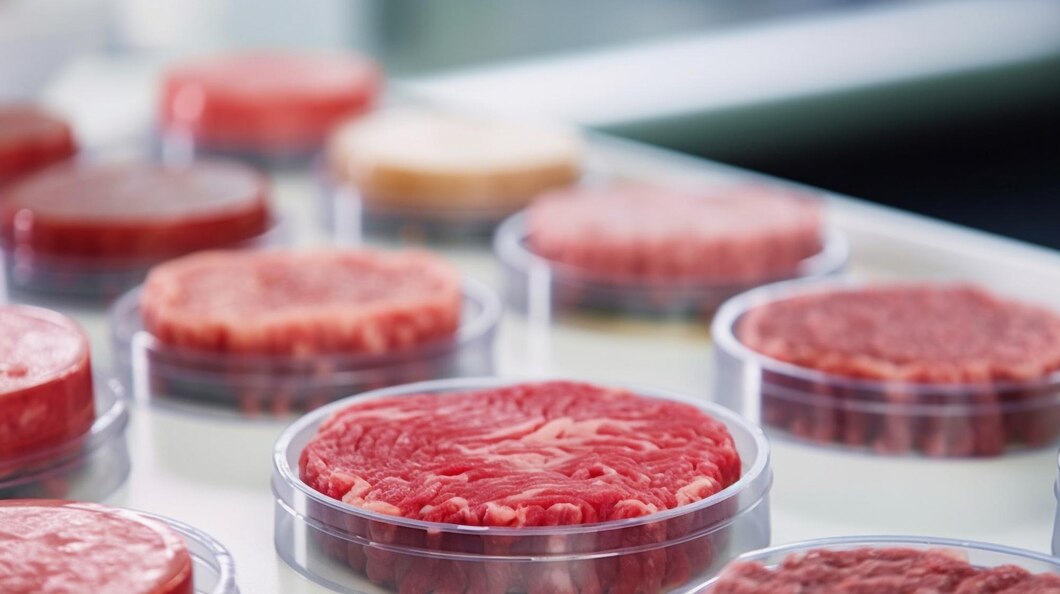Austria, France and Italy lead charge against lab-grown meat
Vienna, Paris and Rome, along with nine other EU countries, are set to argue that meat grown in a laboratory is a threat to “genuine food production methods”, a claim a diplomatic source told Euractiv is “exaggerated and premature”.
Lab-grown meat “does not constitute a sustainable alternative to primary farm-based production”, and raises ethical, economic, social and public health questions that “are essential for the future society”, the note to the Council of Ministers, that will be discussed at the next meeting of EU agriculture ministers on Tuesday (23 January), argues.
“These practices represent a threat to primary farm-based approaches and genuine food production methods that are at the very heart of the European farming model,” the document reads.
While its title is “CAP’s role in safeguarding high-quality and primary farm-based food production”, its core target is the “cell-based food production practices”.
The note is authored by the Austrian, French and Italian delegations and supported by those from the Czech Republic, Cyprus, Greece, Hungary, Luxembourg, Lithuania, Malta, Romania and Slovakia.
Jumping the gun
The stance of the 12 countries could open a rift in the Council.
“Identifying lab-grown meat as a threat seems highly exaggerated and premature,” one diplomat told Euractiv.
“It’s a sector that does not yet exist, at this point it’s about innovation in a lab. Suppressing this now only hinders the kind of innovation that is precisely necessary for sustainability,” they continued.
Currently, there is no cell-based meat marketed in Europe, and the authorisation could come only after the assessment by the European Food Safety Authority (EFSA), according to the provisions of the so-called Novel Food Regulation.
For now, the twelve countries do not ask for changing the rules, but they call for “tak[ing] into account these questions and outcomes of the discussions to be held with the Member States and European civil society before taking any market authorisation decisions”.
So far, Italy has been the most vocal opponent of lab-grown meat, proposing and approving a national ban on the sale of cellular agriculture products. The measure is currently under EU scrutiny for possible breach of the single market rules.
The Netherlands has been at the forefront of cell-meat production, building on the research of Maastricht University Professor Mark Post, who in 2013 presented to the public the first hamburger created in a laboratory.
In 2021, the EU granted €2 million to the Dutch ‘Feed for Meat’ project, developed by the animal nutrition firm Nutreco together with Mosa Meat, the start-up born from Professor Post’s experiments.

